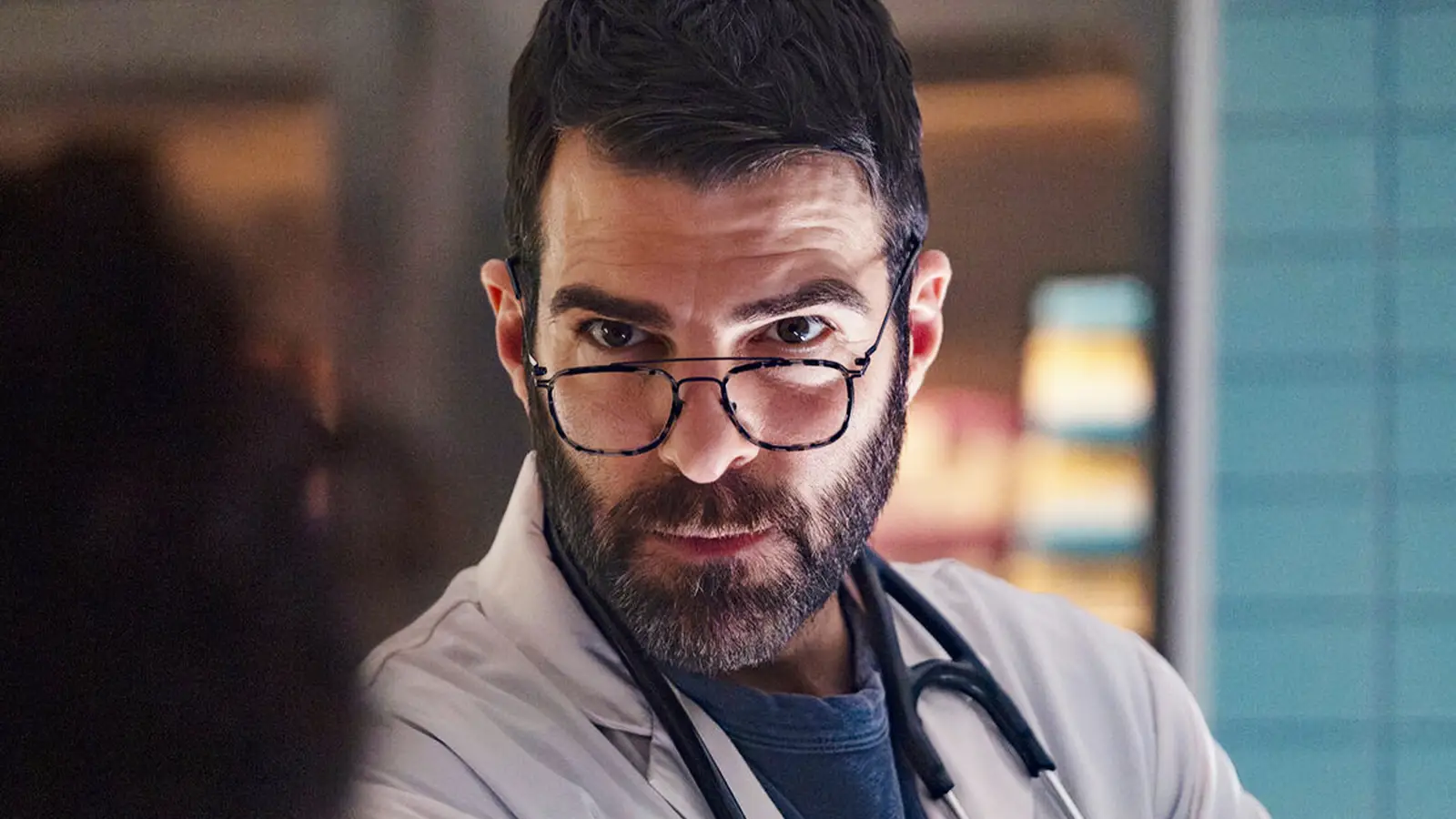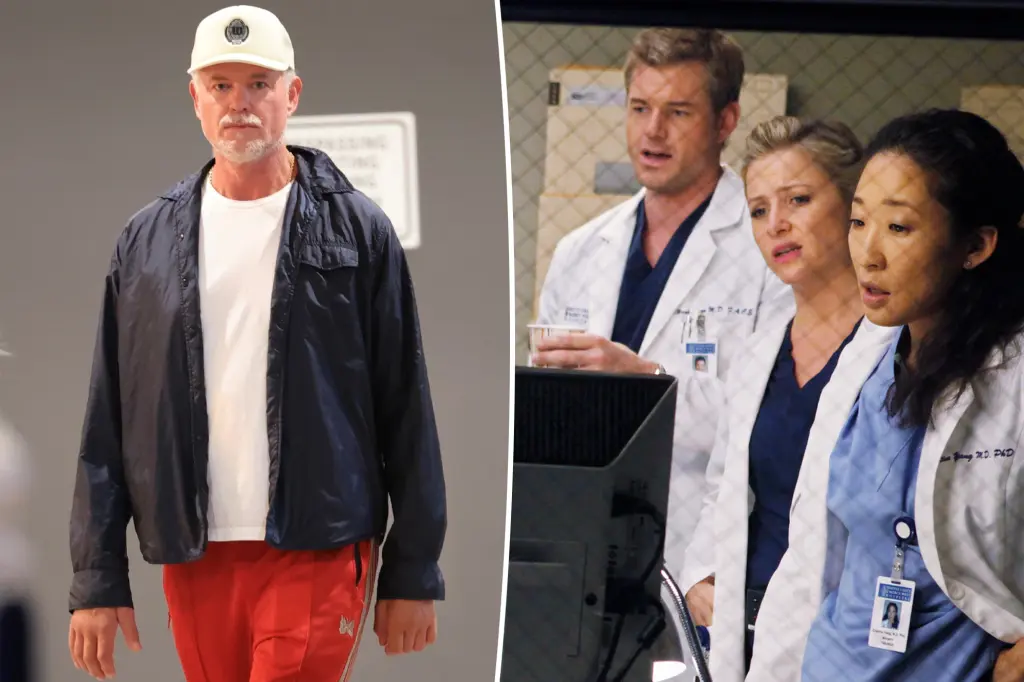
Brilliant Minds season 2’s off to a strong start as Zachary Quinto’s (Dr. Oliver Wolf) back to diagnosing fascinating neurological ailments, and the show’s most recent episode tackled its strangest real-life condition yet. While Quinto and the rest of Brilliant Minds season 2’s cast is working through a dual timeline, showing the present and six months in the future, the series has been grounded.
Connecting with viewers in a more nuanced ways than other medical dramas, Brilliant Minds brings the real-life work of Dr. Oliver Wolf Sacks to the small screen. Chronicling Dr. Sacks’ lifelong issues with prosopagnosia, popularly known as face blindness, Brilliant Minds mixes a traditional drama with a traditional medical procedural in a way that often stands out from the crowd.
After dealing with alien hand syndrome, also referred to as Dr. Strangelove syndrome, during Brilliant Minds’ season 2 premiere, the series upped the ante with their second episode of the season. Upping their production value along with their medical knowledge, Brilliant Minds familiarized viewers with Truman syndrome throughout the most recent episode. Embracing the confusion of neurological conditions, Brilliant Minds brought awareness to another fascinating condition.
Brilliant Minds Season 2 Episode 2 Tackled Truman Syndrome
Truman syndrome, also sometimes known as The Truman Show syndrome, is a delusion that was named after the release of the 1998 film The Truman Show. In the film, Jim Carrey’s Truman Burbank slowly discovers that he’s been living in a constructed reality TV series with everyone in his life having been actors cast in a role. The film, of course, differs from the delusion.
According to Psychology Today, Truman syndrome presents as “the patient believes that he is being filmed, and that the films are being broadcast for the entertainment of others.” Typically, this can look like “a delusional system according to which [patients] were the subjects of something akin to a reality television show.” Truman syndrome patients are often linked with underlying, often undiagnosed disorders.
Coined by Joel Gold and Ian Gold, a psychiatrist and a neurophilosopher, respectively, Truman syndrome isn’t actively recognized by the DSM, but is something that psychiatric experts have shared has been present throughout time. While the TV side of the delusion is fairly modern, past patients have suffered from beliefs that they were being controlled by radio waves or computer chips.
As technology becomes more pervasive, the delusion appears to latch onto more modern entities, but remains similar in the logic behind it. In Brilliant Minds season 2 episode 2, Truman syndrome presents in a character named Lauren, who believes she’s on a faux-version of Love Is Blind. Using lighting and cinematography to shift between delusion and reality, the series does the syndrome justice.
Brilliant Minds’ Dedication To Lesser Known Neurological Conditions Is Noble
While Brilliant Minds is working hard to establish the plot surrounding Dr. Wolf’s eventual time at Hudson Oaks, run by Dr. Amelia Frank (Bellamy Young), it’s a show that’s dedicated to shedding light on lesser-known neurological conditions. As a series that bases its main character on a world-renowned neurologist, Brilliant Minds does a great job balancing information and narrative story.
While Truman syndrome may not be something that’s formally recognized for diagnosis, the series shedding light on the condition could lead to others recognizing it in their real lives. Brilliant Minds’ respectful treatment of patients and fascinating look at Dr. Wolf’s process has been refreshing, and often leads to a more comprehensive story episode by episode.
Enjoy ScreenRant’s primetime coverage? Click below to sign up for our weekly Network TV newsletter (make sure to check “Network TV” in your preferences) and get the inside scoop from actors and showrunners on your favorite series.
SIGN UP NOW!



